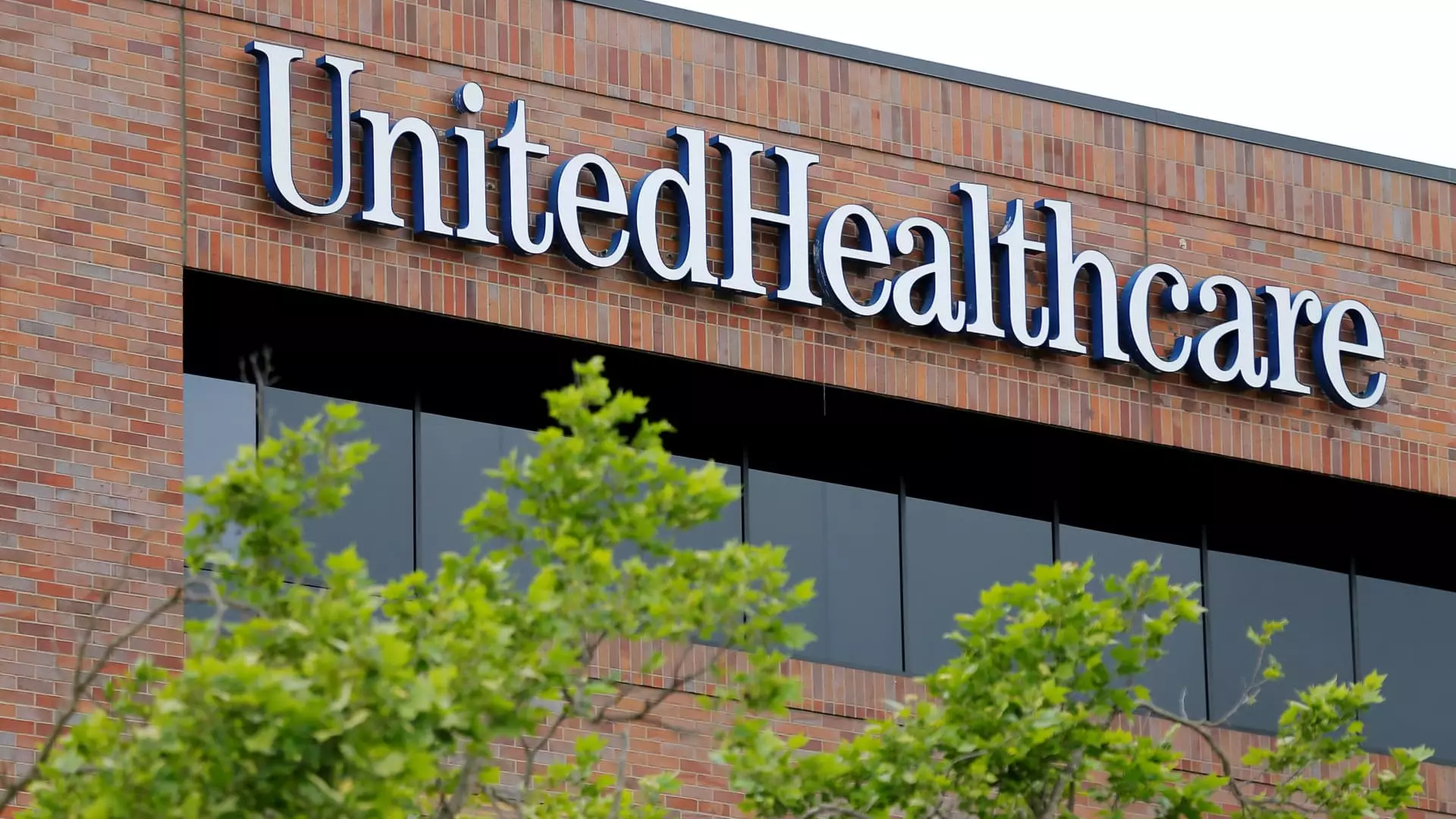In recent months, UnitedHealthcare has faced a series of trials that exemplify the precarious state of large insurance companies in today’s healthcare landscape. Reported investigations by the Department of Justice (DOJ), significant fluctuations in stock performance, and public disputes with influential investors such as Bill Ackman converge to form a narrative of urgency and caution surrounding one of the largest health insurers in America.
At the core of UnitedHealthcare’s current challenges lies a government investigation into its billing practices for Medicare Advantage plans. Allegations indicate that the insurer systematically altered diagnostic records to unlock additional payments from Medicare, essentially embroiling the company in a tumultuous cycle of scrutiny over its operational decisions. The DOJ’s civil fraud investigation focuses on determining whether these practices constitute systematic fraud, raising serious ethical and legal questions about the company’s operations.
Medicare Advantage plans, essential healthcare products for seniors, supply additional benefits compared to traditional Medicare, and as such, have shifted the balance of power to private insurers. The sheer scale of this issue highlights how intertwined government-funded healthcare solutions are with potential financial gain for private entities. UnitedHealthcare’s parent company, UnitedHealth Group, has seen its stock tumble nearly 23% in the last quarter alone, signaling investor apprehension regarding both the investigation and the overall sustainability of the business model.
As if dealing with legal scrutiny wasn’t enough, UnitedHealthcare is engaged in an internal restructuring effort marked by employee buyouts and the potential for layoffs. The urgency behind this initiative reflects the company’s need to manage costs amid rising operational demands. In an era marked by technological advancements, leveraging digital solutions could be seen as a shift toward modernity; however, it also suggests that the organization may be grappling with inefficiencies or market pressures that necessitate such drastic actions.
The fallout from this move is yet to be fully understood, but employee morale could be potentially impacted as uncertainty pervades the workforce. Moreover, there is a palpable fear that even more layoffs could exacerbate the company’s reputation not only as a healthcare provider but as an employer. Cost-cutting measures may ultimately prove detrimental if not carefully managed, fuelling a negative cycle of disengagement and attrition among valuable staff members.
The company’s troubles don’t stop in the boardroom; they have spilled into public discourse, particularly illustrated by the involvement of billionaire investor Bill Ackman. Known for his outspoken views, Ackman has publicly supported a Texas doctor embroiled in a dispute with UnitedHealthcare, implying that the insurer’s practices may hinder patient care. This external pushback from influential investors pours further fuel onto the fire, inviting scrutiny and concern from both the public and regulators.
There is shocking symmetry in the discontent—similar to the public outrage following the unfortunate and violent death of a senior executive at UnitedHealthcare. Such events have catalyzed calls for reform not just within the company but for the insurance industry at large. Denials of medically necessary procedures, dubbed a constant challenge across the sector, have led to loss of faith in insurance models that, while profitable, may evade their primary purpose: ensuring access to healthcare.
Adding to UnitedHealthcare’s woes is the lingering impact of a recent cyberattack on its subsidiary, Change Healthcare. With the sensitive medical information of approximately 190 million individuals compromised, the aftermath of this breach continues to resonate throughout the organization. The company has spent over $3 billion in response to the attack, an expense that far exceeds initial projections and raises concerns about the security of health data in an increasingly digitized health infrastructure.
The dual shock of a physical security breach coupled with operational scrutiny presents a unique dilemma for the company. Investors are right to be concerned that ongoing costs tied to legal investigations, cybersecurity threats, and a tarnished public reputation could threaten the financial viability of UnitedHealth Group in the long run.
As UnitedHealthcare navigates these turbulent waters, the convergence of regulatory scrutiny, internal restructuring, investor dissatisfaction, and cybersecurity threats paints a daunting picture for the company’s future. Addressing these multifaceted challenges will require not only strategic financial maneuvers but a genuine commitment to transparency and patient welfare. How this health insurance titan manages its response will be critical in shaping both its reputation and operational outlook in the coming months. In an age where public opinion and investor sentiment can dramatically influence corporate fortunes, rebuilding trust may remain UnitedHealthcare’s most pressing challenge.

